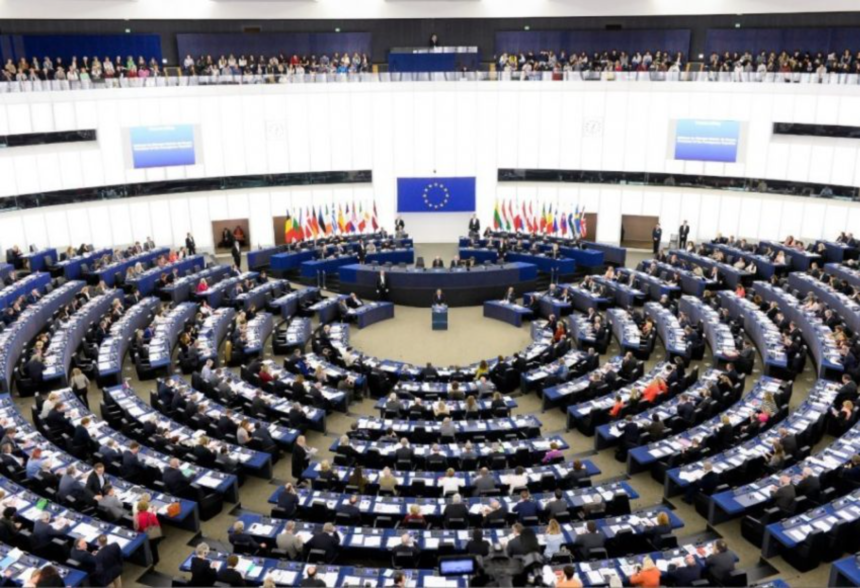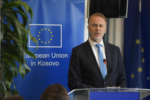The draft report on Albania, submitted to the Foreign Affairs Committee of the European Parliament, acknowledges Albania’s progress in the Justice Reform but highlights concerns over interference and pressure on the judicial system.
The draft, submitted by the European Parliament’s Rapporteur for Albania, Andreas Schieder, also raises concerns about the undermining of the institutional independence of SPAK (Special Prosecution Office).
“The European Parliament welcomes the progress Albania has made in implementing justice reforms, including the Vetting process, which has been completed at the first level; however, it expresses concern over the ongoing political interference and pressure on the judiciary system. It emphasizes the key work of SPAK in continuing investigations, prosecutions, and convictions in high-level corruption cases; it warns against undermining the work of independent institutions such as SPAK.”
The draft report also appreciates Albania’s commitment to European Union integration, while stressing the importance of political dialogue, urging the parties to overcome the ongoing polarization between them.
“The draft report insists on the importance of constructive political debate and proper parliamentary conduct as key aspects of democratic governance; it reaffirms the shared responsibility of Albania’s political forces to strengthen constructive and inclusive political dialogue and overcome the ongoing political polarization in the country. It takes into account the changes in the Electoral Code of 2024, which will enable voting abroad by the Albanian diaspora and establish partially open candidate lists; it insists on the need to address and implement the unfulfilled recommendations from OSCE/ODIHR and the Venice Commission.”
After discussion in the Foreign Affairs Committee of the European Parliament, the draft report will be put to a vote in the plenary session of the European Parliament. After approval, it will be sent to the Council of the European Union and the European Commission for further review and assessment.







